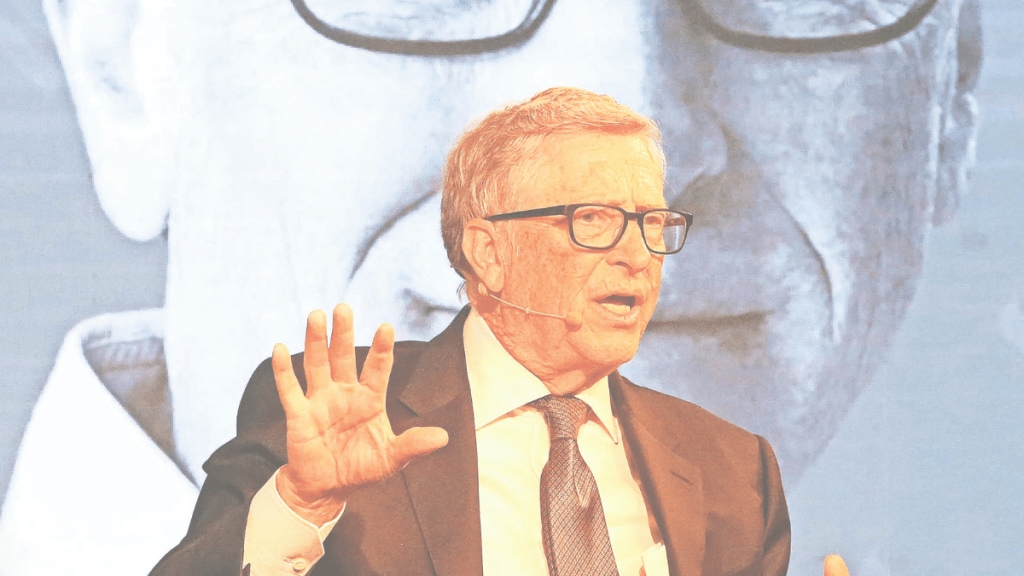Rich Miner, co-founder of Android, has pointed the finger at Bill Gates for Microsoft’s inability to dominate the mobile market. According to Miner, Gates played a key role in the downfall of Microsoft in the smartphone market. This criticism follows Gates’ recent admission that Microsoft’s failure in the smartphone sector was one of the company’s most significant mistakes, costing an estimated $400 billion in market value.
Miner’s perspective: A move to foster innovation
On social media, Miner responded sharply to Gates’ comments. He wrote, “I literally helped create Android to prevent Microsoft from controlling the phone the way they did the PC—stifling innovation.” Miner, who was directly involved in the mobile ecosystem, explained that he was concerned about Microsoft’s tendency to dominate markets, particularly following his experience working on the Windows Mobile phone, SPV, launched in 2002. He feared that the company might apply its monopolistic approach to mobile devices just as it had done with personal computers.
Miner made his position clear: Android wasn’t merely a product, but a countermeasure designed to maintain a more open mobile environment. He further emphasized, “Sorry Bill, you’re more responsible for losing the $400B than you realize,” suggesting that Gates’ actions contributed significantly to Microsoft’s mobile missteps.
Gates reflects on Microsoft’s mobile mismanagement
In a recent interview, Bill Gates acknowledged that missing out on dominating the smartphone market was a significant blunder for Microsoft. Reflecting on this, he told Eventbrite CEO Julia Hartz, “The greatest mistake of all time is the mismanagement I engaged in that caused Microsoft not to be what Android is.”
The missed opportunity: A different approach could have changed the game
Microsoft missed a critical opportunity to take a different approach in the mobile market. While Android and iOS focused on openness, customisation, and developer engagement, Microsoft maintained a more rigid, proprietary approach that worked for personal computers but failed to translate well to mobile. Had Microsoft recognised the potential of the mobile revolution earlier and been more flexible in adapting its strategy—perhaps by embracing open-source principles or collaborating more with hardware manufacturers—it might have positioned itself as a stronger competitor in the mobile market. This failure to innovate promptly resulted in Microsoft missing a significant opportunity for growth and leaving the mobile market to be dominated by its competitors.







